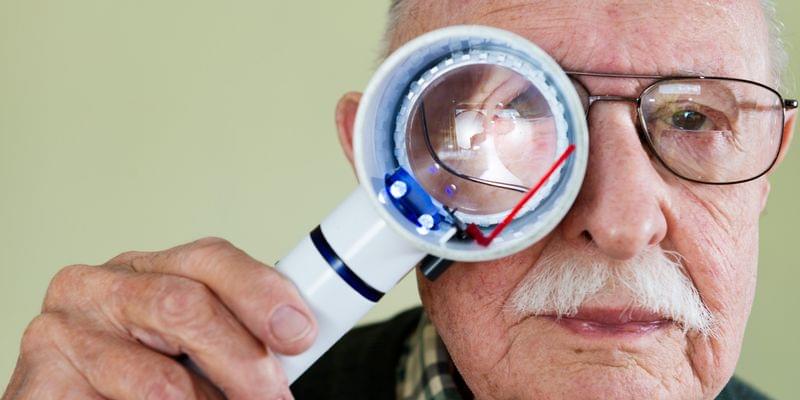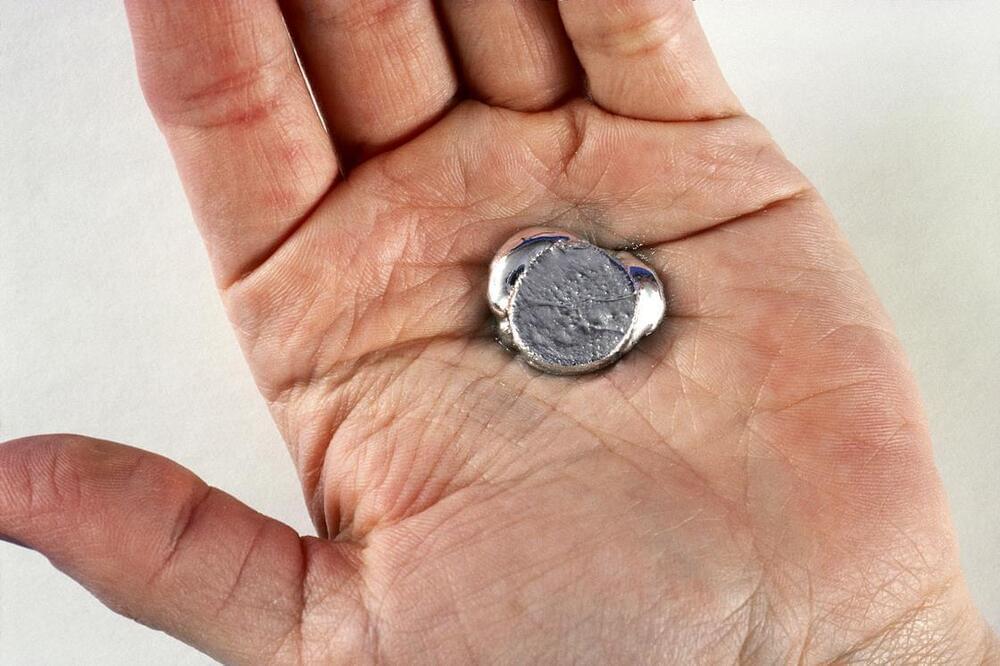We’ll need thousands of these direct air capture plants or their equivalents from industry and nature to reduce atmospheric CO2.
Direct Air Capture, also known as DAC, is one of a number of carbon capture technologies seen as a way to mitigate the worst impacts of global warming. The technology harvests carbon dioxide (CO2) from ambient air. It is not an add-on to a coal-fired or natural-gas thermal power plant, but rather a standalone solution to removing CO2 from the atmosphere for the purpose of permanently sequestering it underground.
A leader in this form of carbon capture and sequestration (CCS) is Carbon Engineering, a Canadian-based company whose demonstration plant sits in Squamish, British Columbia. Bill Gates is an investor. And now Occidental Petroleum through its subsidiary 1PointFive has entered into a partnership to build and deploy a minimum of 70 or as many as 135 DAC plants like the one seen in the picture above by 2035.
Each facility will have the capacity to remove a megaton of CO2 from the atmosphere annually. The methodology uses a tower structure containing an array of giant fans which pull in air that then passes over a solution containing potassium hydroxide which attracts and binds the CO2 to it. Once captured the CO2 can then be compressed and shipped by pipeline to a sequestering site. And although a megaton sounds like a lot of CO2, it really is not.









